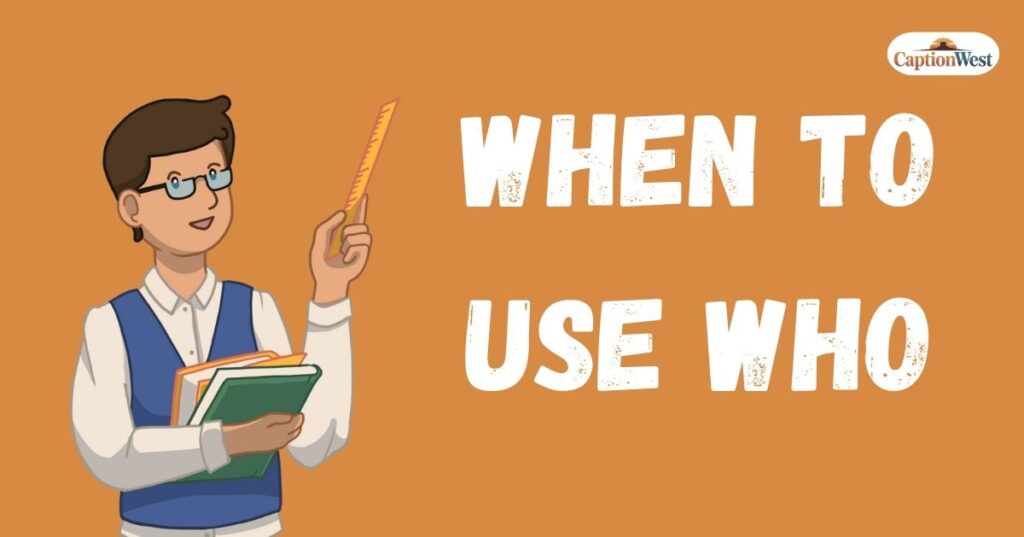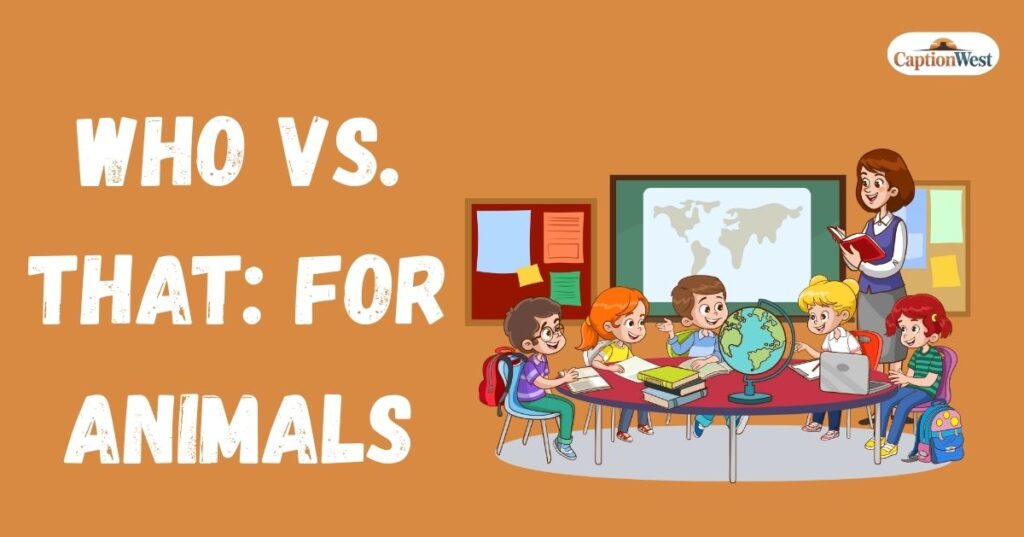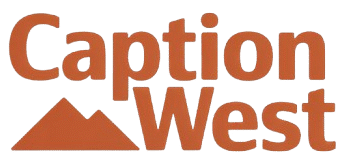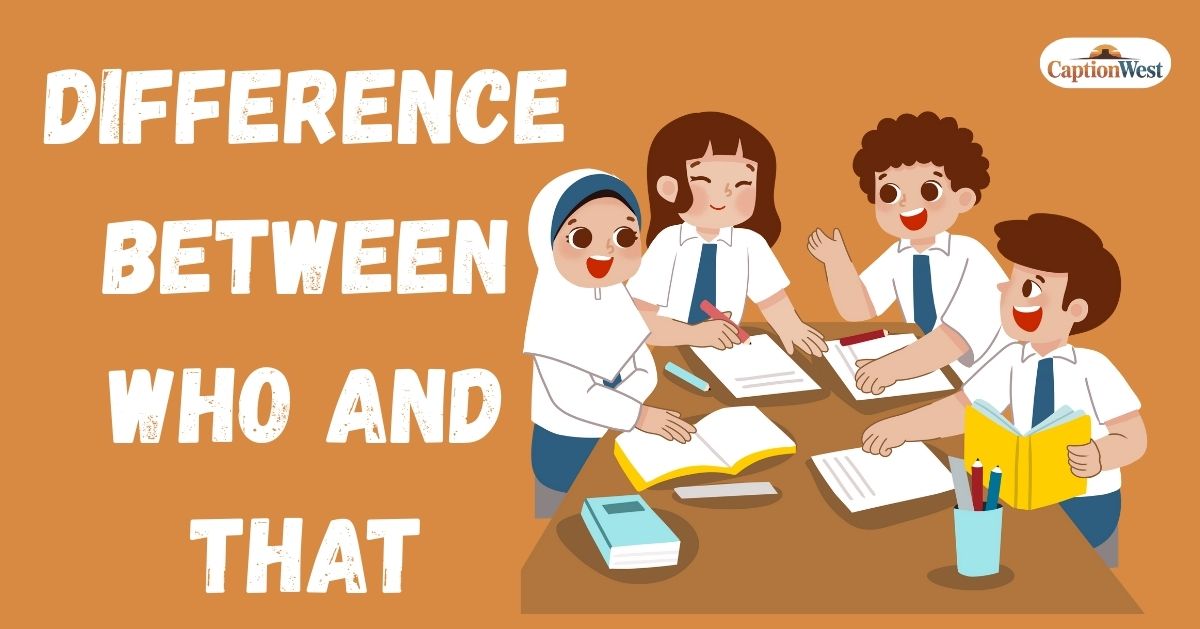English grammar is full of small words that often confuse even advanced learners. One of the most common confusions is the difference between who and that. These two words are relative pronouns, and both connect clauses, but they are not interchangeable in every case.
In simple terms:
- Who refers to people.
- That refers to objects, animals, groups, or types of people.
However, there are many exceptions, stylistic choices, and real-world usages that blur the rules. In this guide, we’ll explore the difference between who and that, give plenty of examples, highlight common mistakes, and answer frequently asked questions.
What Are Relative Pronouns?
Before diving deeper into the difference between who and that, it helps to understand relative pronouns. A relative pronoun introduces a relative clause and connects it to the main sentence.
- The girl who sings is my sister.
- The book that you borrowed is on the table.
Relative pronouns add details, clarify meaning, and help avoid repetition. Among the most common ones are: who, whom, whose, that, which, where, and when.
The Core Difference Between Who and That
The difference between who and that comes down to reference:
- Who → refers to people (individuals).
- That → refers to things, animals, groups, and sometimes categories of people.
Example Sentences
- ✅ She is the teacher who inspired me to write.
- ✅ This is the phone that broke yesterday.
- ✅ They are the doctors who saved lives during the flood.
- ✅ This is the team that won the championship.
Notice how who attaches to people and that attaches to objects or collective groups.
When to Use Who

- Referring to People
- Always use who when talking about a specific person or group of people.
- The artist who painted this mural is famous worldwide.
- Always use who when talking about a specific person or group of people.
- When the Pronoun Is the Subject
- The manager who called you is waiting outside.
- The manager who called you is waiting outside.
- When Clarity Is Important
- The student who submitted the paper late received a penalty.
- The student who submitted the paper late received a penalty.
- When Style Guides Recommend It
- APA, MLA, and Chicago all recommend who for humans, not that.
When to Use That
- Referring to Objects
- The book that changed my perspective is on the shelf.
- The book that changed my perspective is on the shelf.
- Referring to Groups or Categories
- The group that organized the event deserves credit.
- The group that organized the event deserves credit.
- Referring to Animals (without names)
- The cat that lives next door is very friendly.
- The cat that lives next door is very friendly.
- Essential Clauses
- This is the only road that leads to the city center.
Can You Use That Instead of Who?
Technically, grammar experts recommend avoiding it. However, in everyday English, you’ll hear people say:
- He’s the guy that fixed my car.
- She’s the one that helped me yesterday.
Although widely used in speech, in formal writing, stick with who when referring to people.
Who vs. That: For Companies and Organizations
One tricky area in the difference between who and that is when referring to companies or groups.
- Google is the company that changed digital marketing.
- The employees who work at Google love innovation.
👉 Rule of thumb:
- Use that for the company as an entity.
- Use who for the actual people in the company.
Who vs. That: For Animals

Different style guides disagree:
- Chicago Manual of Style: You may use who for animals, especially pets.
- AP & APA: Use who only for named animals, otherwise use that.
Examples:
- Bella, the dog who won the contest, is adorable.
- The horse that won the race belongs to Mr. Smith.
Real-Life Examples
- The firefighter who saved the child became a local hero.
- The smartphone that everyone wants is sold out.
- The volunteers who joined the campaign worked tirelessly.
- The software that we use daily needs an upgrade.
Common Mistakes to Avoid
- ❌ She is the one that helped me yesterday.
✅ She is the one who helped me yesterday. - ❌ The boy that scored the goal is my brother.
✅ The boy who scored the goal is my brother. - ❌ The teacher that teaches us is very kind.
✅ The teacher who teaches us is very kind.
Why the Difference Matters
Understanding the difference between who and that is important because:
- It improves writing clarity.
- It avoids ambiguity.
- It aligns with professional grammar standards.
- It makes your writing more polished and formal.
FAQs About the Difference Between Who and That
1. Is it always wrong to use “that” for people?
Not always. In informal speech, it’s acceptable, but in academic or professional writing, always use who.
2. Can I use “who” for animals?
Yes, especially if the animal has a name or is treated as a family member.
3. Which is correct: “She is the one who helped me” or “She is the one that helped me”?
Both are heard, but the grammatically correct choice is who.
4. Do style guides agree on this rule?
Most recommend who for people and that for things, though casual usage allows flexibility.
Quick Comparison Table
| Usage | Who | That |
| People (specific) | ✅ The man who spoke… | ❌ Not preferred |
| Groups/Organizations | Sometimes | ✅ The team that won… |
| Objects | ❌ Not used | ✅ The phone that broke… |
| Animals (named) | ✅ The dog who barked… | Optional |
| Animals (unnamed) | Not common | ✅ The horse that ran… |
SEO Queries to Cover
- What is the difference between who and that in grammar?
- When to use who vs. that?
- Can you use that instead of who?
- Who vs. that examples.
- Which is correct: who or that?
- Grammar rules for who vs. that.
- Common mistakes with who and that.
- Who vs. that for companies.
- Who vs. that for animals.
Read Must : Difference Between This and These: A Complete Grammar Guide
Conclusion
The difference between who and that may seem minor, but it plays a big role in grammar precision. Who is always used for people, while that is used for objects, groups, categories, and unnamed animals.
In informal speech, you’ll often hear people use that for humans, but in formal writing, it’s best to stick with who. By mastering this distinction, your writing will sound more professional, polished, and grammatically correct.
Always remember:
- People = Who
Things/Groups = That

